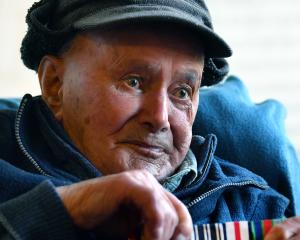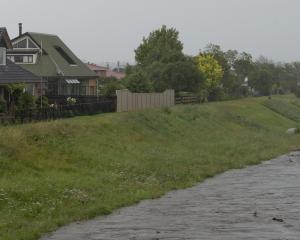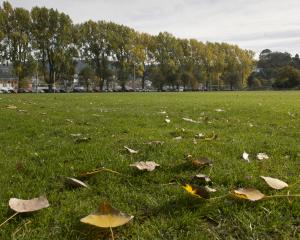The social exclusion of many young people, including from work and tertiary education, contributed strongly to the London riots last year, visiting Prof Derek Bolton said yesterday.
Prof Bolton, of the Institute of Psychiatry at Kings College, London, gave a plenary presentation on "Talking and Rioting", at the University of Otago in Dunedin.
Speaking at the 15th International Philosophy and Psychiatry Conference, he explored "philosophical perspectives on the summer 2011 UK civil disturbance".
War and talking were alternatives.
"Social exclusion means obviously that different groups of people do not share; not only goods, but activities- they do not live, work, play or go to school together."
A philosopher, Wittgenstein had believed that if people did not share ways of life "then they cannot communicate either".
Some commentators had emphasised the criminality of the rioters.
They had also been termed "defective" consumers, given the theft of sports shoes and other consumer goods.
"The goods they want are jobs and a decent education," Prof Bolton said.
The UK Department of Health had recently published "The Marmot Review: Fair Society, Healthy Lives", which had analysed recent health inequalities in England.
"Among the social factors affecting health are indices of social exclusion of many kinds such as unemployment, poverty and racism.
Such exclusion was also linked to "poorer health outcomes" and, apparently, to rioting.
Unemployment was up to 50% among the young.
Poor young people also had trouble accessing higher education, given high tertiary tuition fees and the recent scrapping of the Education Maintenance Allowance.
He not condone the "burning of shops" or attacks on police, but urged the need to understand the "processes" involved.
• About 100 delegates are attending the three-day conference, which is being run on behalf of the International Network for Philosophy and Psychiatry.












